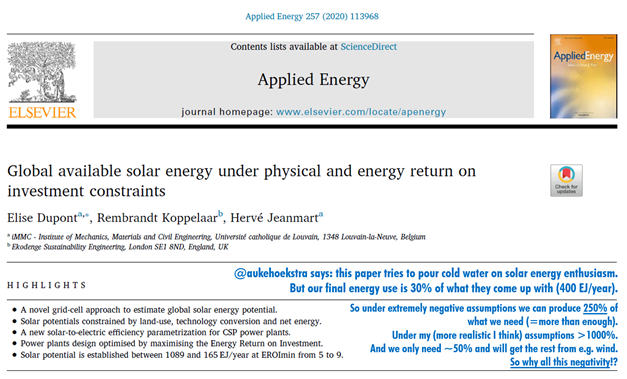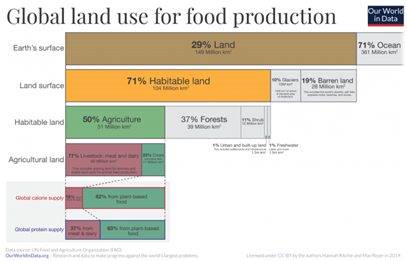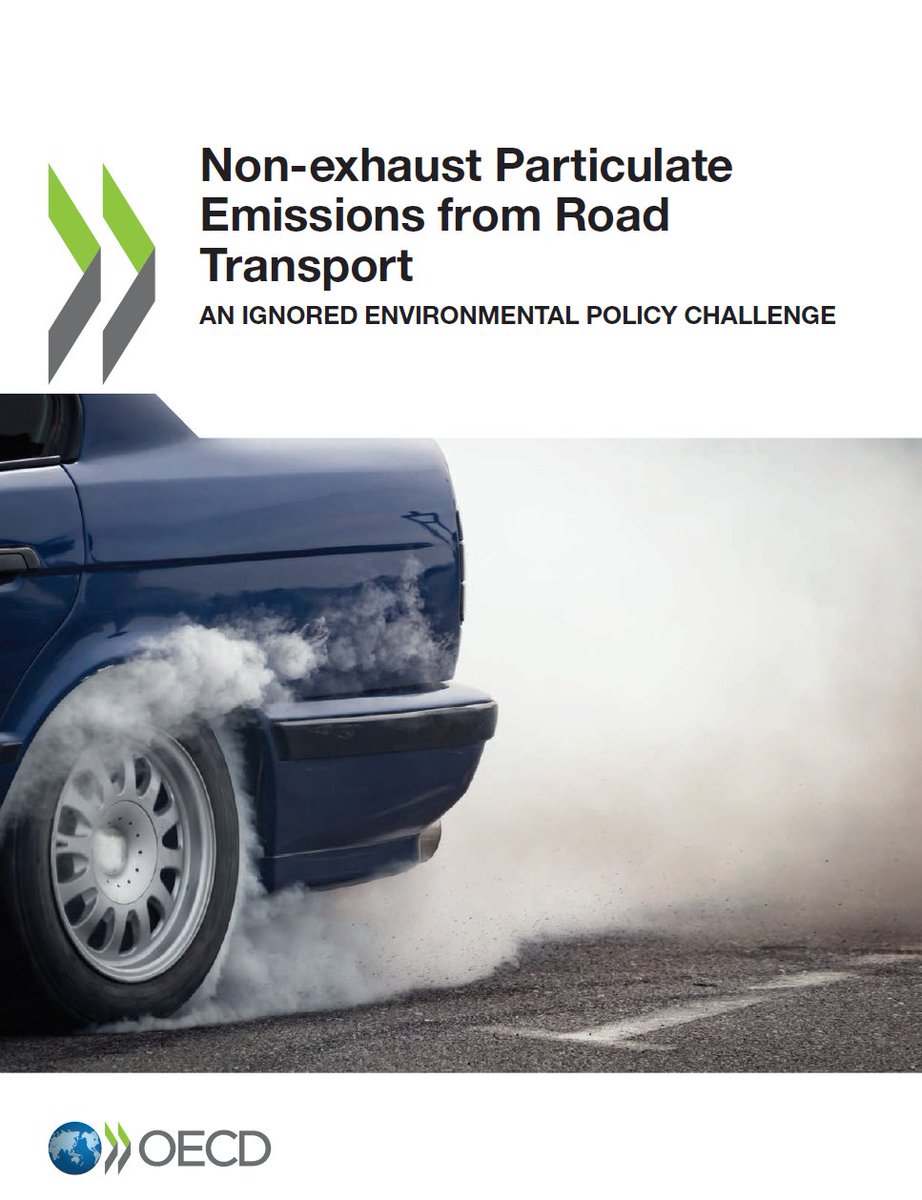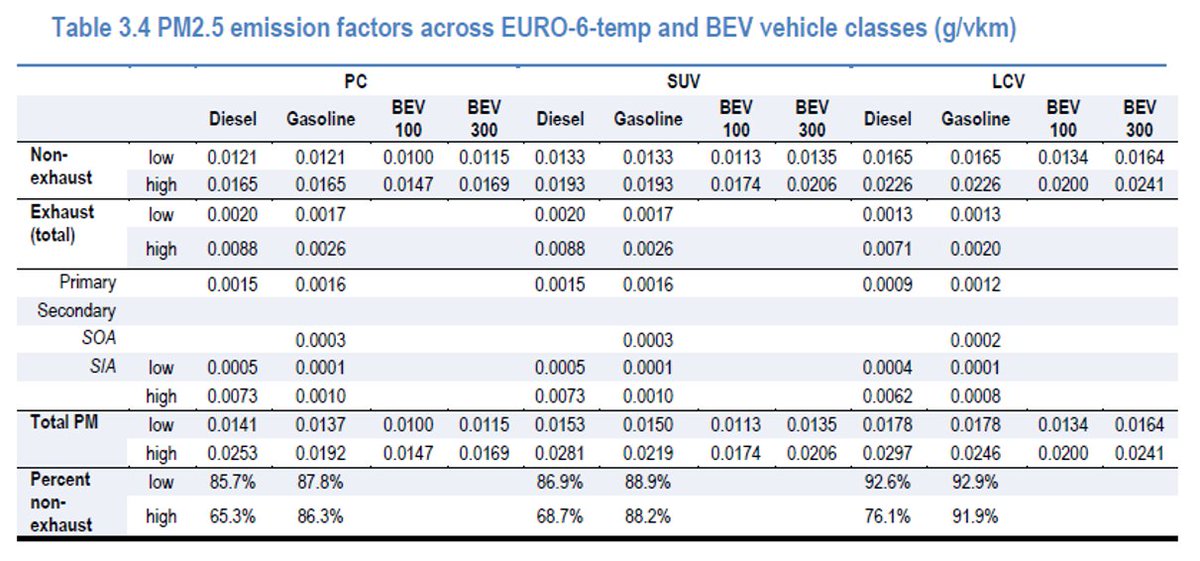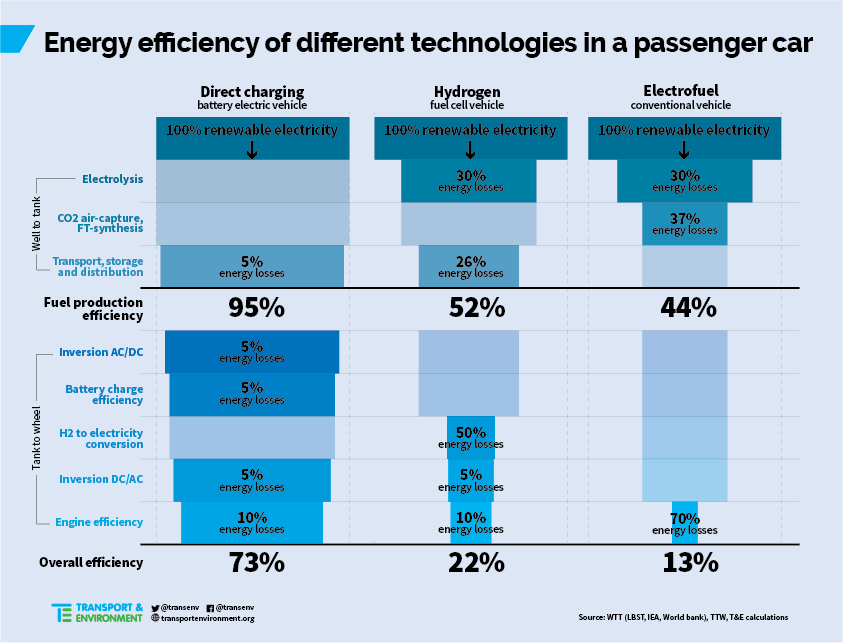
We have another winner coming up with what he thinks is a novel idea: "Additional electricity requires coal plants to produce more energy hence electric vehicles run on coal."
Let me point out why that is wrong.
elektroauto-news.net/2020/meinung-d…
Let me point out why that is wrong.
elektroauto-news.net/2020/meinung-d…

First: the German mix gets cleaner as time goes one which means electric vehicles get cleaner as time goes on and coal is phased out before the electric vehicle is scrapped. Leaving that out makes this whole thought experiment a bit nonsensical anyway.
Second: electric vehicles will probably use 'smart charging' (to time the moment of charging) within a couple of years because it saves money for driver, energy producer and grid operator.
elaad.nl/research/smart…
That means that electric vehicles will charge relatively green.
elaad.nl/research/smart…
That means that electric vehicles will charge relatively green.
Third: this column is all about the well known concept (no expert is surprised by this) of "marginal electricity".
Meaning: what happens if you add more electricity demand to the mix?
And that indeed makes the mix dirtier.
But is it only applicable to electric vehicles?
Meaning: what happens if you add more electricity demand to the mix?
And that indeed makes the mix dirtier.
But is it only applicable to electric vehicles?
My problem with that (e.g. argued here against a prominent oil professor thegwpf.org/content/upload…) is that you need to defend why electric vehicles should get the short straw.
Why not heat pumps, electricity for oil refining or any other electricity use?
Why not heat pumps, electricity for oil refining or any other electricity use?
I could also argue that we should not buy heat pumps because a heat pump requires extra (marginal) electricity and hence runs on coal.
If you buy a freezer? Runs on coal!
Electric bike? Coal!
New house? Coal!
New train? Coal!
Etc.
If you buy a freezer? Runs on coal!
Electric bike? Coal!
New house? Coal!
New train? Coal!
Etc.
And what is so different about "new" stuff anyway?
You could also turn off your existing computer, TV or lights. Then you also use less electricity and hence burn less coal.
So you have to defend why certain electricity demand is treated differently from other electricity demand.
You could also turn off your existing computer, TV or lights. Then you also use less electricity and hence burn less coal.
So you have to defend why certain electricity demand is treated differently from other electricity demand.
I call that the "DEMAND merit order".
On the supply side we already use a merit order: solar, wind and nuclear come first and gas and coal come last. That's what 'inspired' this post in the first place. But in order to give some demand the short straw it needs a merit order too.
On the supply side we already use a merit order: solar, wind and nuclear come first and gas and coal come last. That's what 'inspired' this post in the first place. But in order to give some demand the short straw it needs a merit order too.
I fully understand the allure: compare a situation with and without electric vehicles and look at the difference in CO2. Isn't that the way to run and experiment?
Well, not here.
Imagine that you repeat the experiment for every other type of electricity demand. ...
Well, not here.
Imagine that you repeat the experiment for every other type of electricity demand. ...
Each experiment looks valid on its own but together they now cause ALL electricity in Germany to come from marginal electricity.
What your experiments are implicitly assuming is that all other demand is fixed. ONLY the demand that you experiment on can be changed.
What your experiments are implicitly assuming is that all other demand is fixed. ONLY the demand that you experiment on can be changed.
But you cannot isolate one type of demand and assume all other demand is fixed. I think this is the "large thinking error" in this column.
Apart from that electric vehicles get cleaner over the lifetime and will use smart charging so the point is largely moot.
Apart from that electric vehicles get cleaner over the lifetime and will use smart charging so the point is largely moot.
PS Multiple followers pointed out Germany also has targets in terms of % of renewables in future years. So more electricity demand (e.g. from EVs) leads to more renewables.
• • •
Missing some Tweet in this thread? You can try to
force a refresh

